The Chinese government aims at narrowing the wealth gap, which threatens the economy’s ascent and the legitimacy of Communist Party rule. They wish to do so with a policy of “Common prosperity.”
This is not a new idea in China. With all the regulatory checks on tech firms and the online education sectors, investors have been rattled. As the Chinese population has been moderately prosperous, Beijing wants to steer the country away from a ‘winner-takes-all’ economy.
What does ‘Common Prosperity’ mean?
This was first mentioned in 1950 by Mao Zedong, a leader of a then poor and inadequate country. It was then repeated by Deng Xiaoping in 1980, who modernized an economy that lacked revolution.
Deng allowed some people and regions to get rich first, he thought that this would help in speeding up the economic growth and achieve the goal of common prosperity. But this only led to more inequality between the rural and urban areas and created social instability.
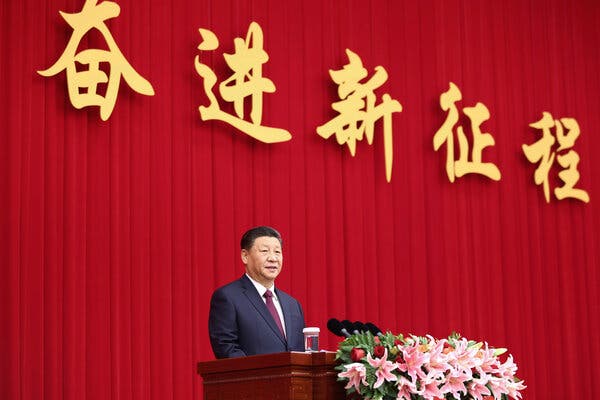
In the new era, Chinese President Xi Jinping is not going to ban luxury goods but will have watches covered with fewer diamonds and brand logos no longer decorated on jackets and jewellery.
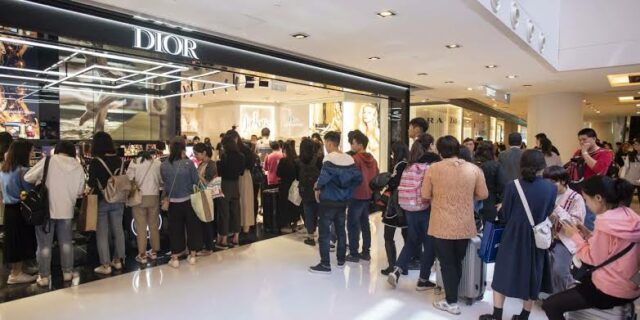
Also Read: With Banana Sarees, Bamboo Jeans, Lotus Shawls, How Wearable And Pretty Is Green Fashion?
Earlier this year, Beijing proclaimed to build an “olive-shaped” society, where there is equal distribution of wealth.
Common prosperity is said to focus on better health care, growing household incomes, increasing benefits, and using taxes to adjust income distribution. This will lead to an environment that does not encourage flashy buys.
Luxury groups will have to reconsider their aesthetics, products, and marketing. Showy displays of wealth will be replaced by more subtle designs. Given the situation, Chinese companies like Prada, SpA, and Kering SA’s Saint Laurent, and Bottega Veneta are on the safe side due to their discreet designs.
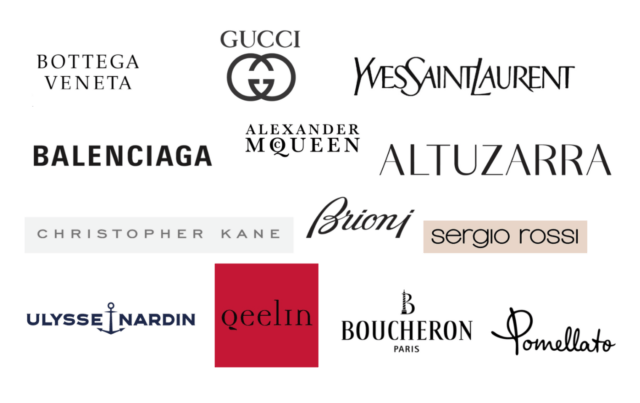
Gucci, on the other hand, is adjusting its trademark loud and bold style to align with China’s new ideas. Brands will need to “really look after the first-time buyer as well as the billionaire,” says luxury adviser Mario Ortelli.
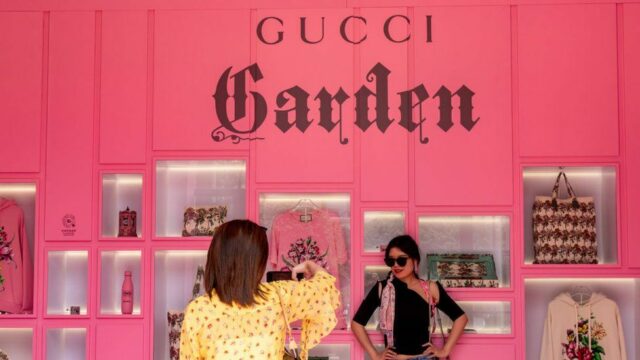
Small leather goods, affordable beauty, and fragrance products will get a boost. This is good news for global cosmetic giants. Pandora AS, known for its cheap and cute charms, has managed a steady growth.
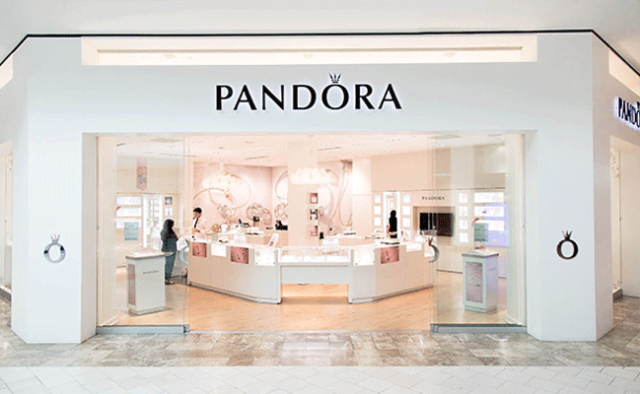
Louis Vuitton will have to move away from its label, affecting its product range. A quarter of its sales are generated in the US, where consumers are still snapping up Rolex watches and Moncler coats.

Marketing Strategies
Luxury brands will have to come up with unique marketing techniques such as collaborating with key opinion leaders (KOLs), live stream products on shopping sites, start their own online shows. The social e-commerce market is estimated to be worth $186 billion this year, according to reports.
Brands are trying offline formats too. Prada got creative and took over a local market in Shanghai and wrapped food items with their company’s packaging. The locals loved it!
The Chinese Government wishes to change the current mood of shoppers from global labels to homegrown luxury. Immediate results to this are unlikely. But with Covid and a slowly recovering economy, this might as well give brands time to reinvent themselves.
Image Sources: Google Images
Sources: Luxury Daily, Live Mint, Business-Journal, +More
Find The Blogger: @Natashaly05
This post is tagged under: The Chinese government, wealth gap, Common prosperity, Communist Party, China, Deng Xiaoping, Mao Zedong, regulatory checks, education sectors, investors, social instability, President, Xi Jinping, rural, urban, wealth, inequality, brands, logos, luxury, flashy goods, income distribution, Beijing, new era, environment, Prada, SpA, Kering SA’s Saint Laurent, Bottega Veneta, safe side, discreet designs, Gucci, Mario Ortelli, Pandora AS, Louis Vuitton, US, consumers, Rolex watches, global cosmetic giants, Prada, Shanghai, covid, Marketing Strategies, social e-commerce, creative
Other Recommendations:
China Bans ‘Effeminate’ Men From TV Calling Them “Sissy Men” And “Girlie Guns”




























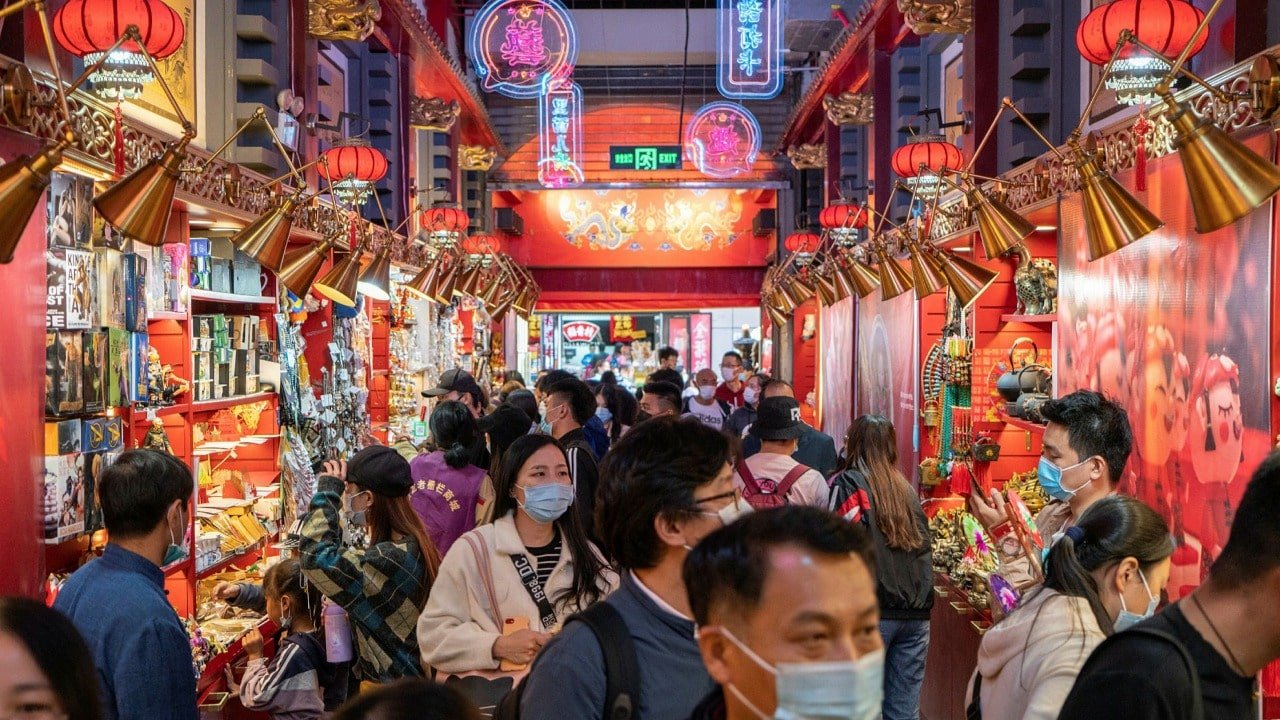
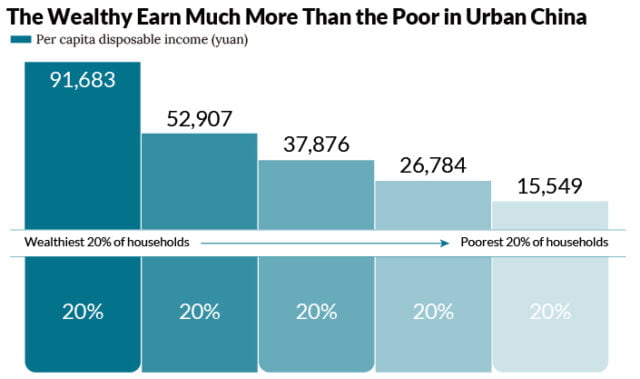

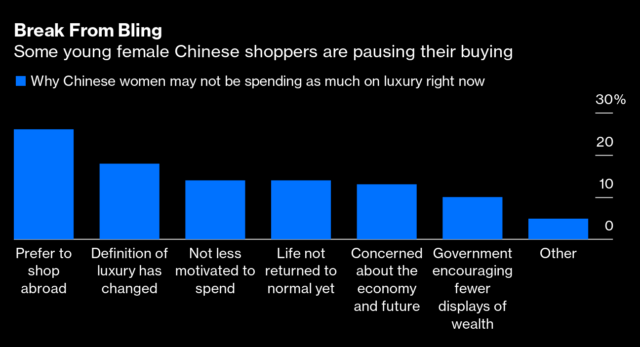
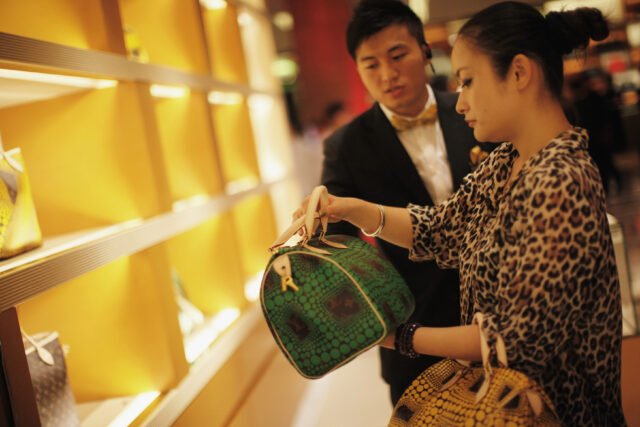









Keep it up girl
Informative!!